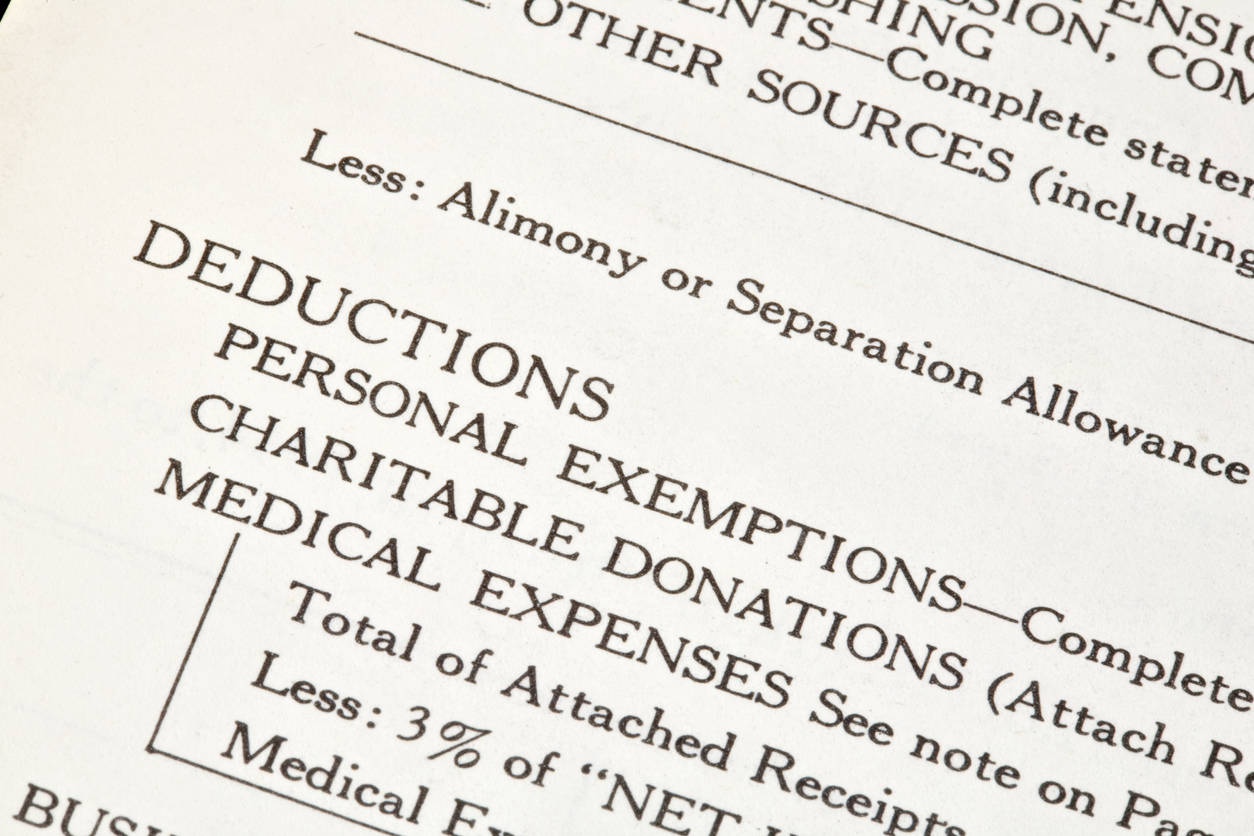July 20, 2020 | Cynthia Grob, Esq.
The simply answer is “yes”; however, it is important when you are getting a divorce to understand how and when alimony is an issue.
Alimony, at times referred to as spousal support or maintenance, is handled differently in Pennsylvania than in New Jersey. In Pennsylvania, once a divorce decree has been entered, the court may reasonably allow alimony, but only if it is considered necessary.
Alimony Prior to Divorce Action or During Pending Divorce Action:
Prior to a divorce decree, a non-earning or lower earning spouse may be entitled to spousal support or alimony pendente lite. Spousal support is made after the parties separate, but before a divorce is final, and can be ordered before a divorce action is even filed.
Alimony pendente lite is a temporary order of support made after the divorce action is filed, but before a final divorce decree is entered. Such support is set pursuant to R. 1910.16-4, which sets forth the equation from which a monthly spousal support figure or alimony pendente lite is set. In this equation, and support matters in general, the individual responsible for paying support is called the obligor and the individual receiving the support is the obligee.
In 2019, Pennsylvania adopted new formulas for calculating spousal support and alimony pendente lite. If the couple does not have dependent children the equation is as follows:
- Oligor’s after-tax net income
- Multiplied (x) .33 (33%)
- Minus (-)
- Obligee’s after-tax net income
- Multiplied (x) .40 (40%)
- Equals (=) Resulting figure which is the preliminary amount of monthly spousal support or alimony pendente lite.
If the couple does have dependent children the equation is similar to the one outlined above except that child support is then calculated based on each parties adjusted monthly incomes after the following formula is applied:
- Obligor’s after-tax income
- Multiplied (x) .25 (25%)
- Minus (-)
- Obligee’s after-tax income
- Multiplied (x) .30 (30%)
Alimony Following a Final Divorce Decree:
Following the entry of a final divorce decree there are four types of alimony in Pennsylvania: 1.) Permanent; 2.) Rehabilitative; 3.) Limited Duration; and 4.) Reimbursement.
In determining whether one of these types of alimony is necessary, the Court will consider a number of factors, including, but not limited to:
- Earnings of both spouses
- Ages and physical, emotional, and mental conditions of both spouses
- Sources of income of both spouses
- Inheritances and expectancies of both spouses
- Marriage duration
- Contribution of one spouse to the training, education, or increased earning power of the other
- Standard of living during the marriage
- Relative education of both spouses and the time necessary to further education or training of the spouse seeking alimony to get a job
- Liabilities and assets of both spouses
- Contribution of a spouse as a homemaker
- Any marital misconduct of either spouse during the marriage
- Tax ramifications of the alimony
There is no entitlement to alimony post-divorce in Pennsylvania, whether it is awarded is discretionary based upon the 17 factors set forth in Section 3701 of the Pennsylvania Divorce Code.
Alimony can be a volatile subject between spouses. Although the Court takes many factors into account before awarding alimony, it is possible that the award of alimony may create additional disputes. If parties utilize mediation they may be able to come to an agreement themselves which could avoid the pitfalls associated with a Court determining these issues; however, this may not always be a workable option.
If you are contemplating or getting a divorce in Pennsylvania, divorce and support attorney, Cynthia N. Grob, Esquire, can help you understand alimony and support in Pennsylvania as well as all other divorce-related matters. To learn more, call 856-857-5538 today for a consultation.









